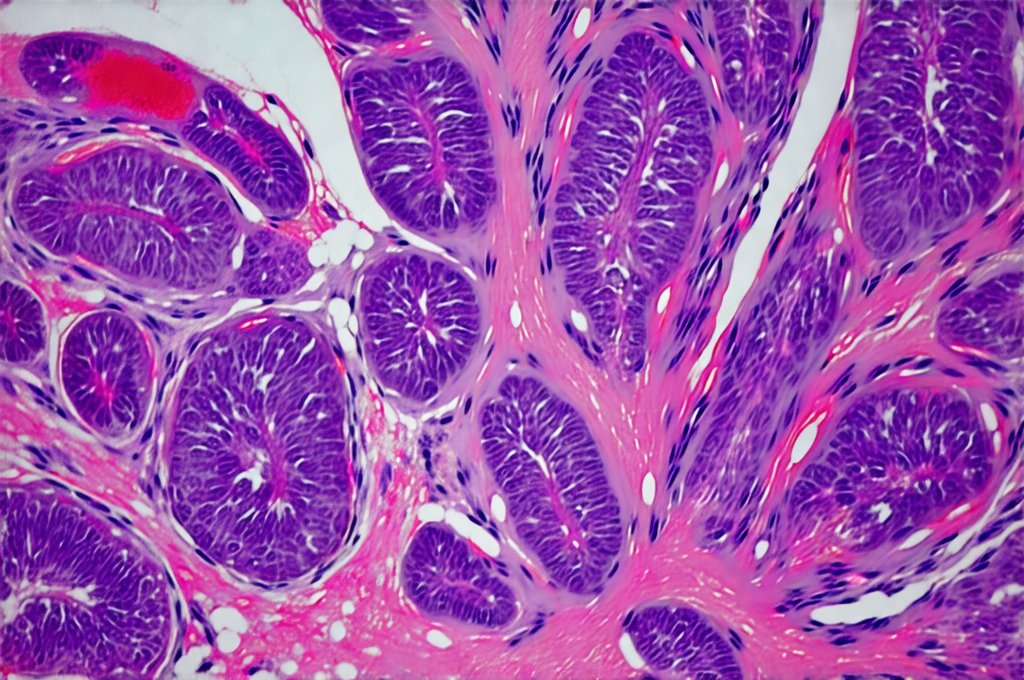Prostate inflammation, clinically known as prostatitis, is a surprisingly common condition affecting men of all ages, though its prevalence increases with age. Many experience acute episodes—sudden onset of pain, urinary difficulties, and sometimes fever—but an even larger number struggle with chronic prostatitis, characterized by persistent or recurring symptoms that significantly impact quality of life. While bacterial infections are often implicated, particularly in acute cases, the underlying causes of chronic prostate inflammation are frequently more complex and elusive, leading to frustrating treatment outcomes. Simply put, identifying the root cause is crucial for effective management, and many conventional approaches fall short because they address only the symptoms rather than the source of the problem.
The challenge lies in recognizing that prostatitis isn’t always a straightforward infection. It’s increasingly understood as a multifactorial condition where various factors—lifestyle, immune function, pelvic floor dysfunction, even psychological stress—can play significant roles. Treating it effectively requires moving beyond a one-size-fits-all approach and adopting a holistic perspective that considers the individual’s unique circumstances and potential contributing factors. This article will delve into some of these often-hidden causes, providing insights that can empower men to take control of their prostate health and work with healthcare professionals towards more personalized and lasting solutions.
Beyond Bacteria: Unmasking the Hidden Culprits
Conventional wisdom often points to bacterial infection as the primary cause of prostatitis, leading to treatment with antibiotics. While effective for acute bacterial prostatitis, this approach frequently fails in chronic cases where bacteria are either absent or present in low numbers that don’t explain the severity of symptoms. This is where the concept of non-bacterial prostatitis (Chronic Prostatitis/Chronic Pelvic Pain Syndrome – CP/CPPS) comes into play, representing a significant portion of all prostatitis diagnoses. The reasons behind this inflammation are far more nuanced and require deeper investigation. One major contributor is often overlooked: chronic low-grade systemic inflammation that isn’t necessarily localized to the prostate itself. Conditions like leaky gut syndrome, food sensitivities, or autoimmune disorders can trigger an ongoing inflammatory response throughout the body, which then manifests in susceptible areas like the prostate.
Another critical factor is pelvic floor dysfunction. The muscles of the pelvic floor support the bladder, bowel and sexual organs. When these muscles are chronically tight or weakened – often due to poor posture, prolonged sitting, or stress – they can restrict blood flow to the prostate gland, leading to inflammation and pain. This creates a vicious cycle: inflammation causes muscle tension, which further restricts blood flow, exacerbating the inflammation. Furthermore, nerve entrapment within these tense muscles can contribute to chronic pain signals. It’s essential to remember that the prostate isn’t an isolated organ; it’s intricately connected to surrounding structures and systems, making a holistic assessment crucial for understanding its dysfunction. Recognizing early signs of prostate inflammation can allow for quicker intervention.
Finally, lifestyle factors play a substantial role. A diet high in processed foods, sugar, and inflammatory fats can fuel chronic inflammation. Lack of regular exercise contributes to poor circulation and muscle imbalances. And chronic stress elevates cortisol levels, which can suppress immune function and exacerbate pelvic floor tension. Addressing these modifiable risk factors is fundamental to managing prostate health.
The Immune System’s Role & Autoimmunity
The prostate gland isn’t immune to the complexities of the immune system. In some cases, what starts as a minor infection or injury can trigger an inappropriate immune response that persists even after the initial stimulus has resolved. This chronic immune activation leads to ongoing inflammation and pain. A compromised immune system – perhaps due to stress, poor nutrition, or underlying health conditions – is more susceptible to these misfires. It’s important to understand that the body’s defense mechanisms can sometimes become part of the problem.
Increasingly, research suggests a link between autoimmunity and chronic prostatitis. While not necessarily a classic autoimmune disease like rheumatoid arthritis, there’s evidence that some men with CP/CPPS have antibodies attacking their own prostate tissue, leading to inflammation and damage. This is particularly relevant in cases where symptoms are severe and unresponsive to conventional treatments. Identifying these immune imbalances requires specialized testing (often outside of standard medical protocols) and may necessitate a more targeted approach involving immunomodulatory therapies. Furthermore, gut health plays a vital role in immune regulation; the gut microbiome influences approximately 70-80% of the immune system, so addressing dysbiosis (an imbalance of gut bacteria) can have profound effects on overall immune function and inflammation levels. Understanding what causes recurring UTIs in healthy women? provides insight into the role of immunity.
Unraveling the Pelvic Floor Connection
Pelvic floor dysfunction is often a silent contributor to chronic prostate pain. It’s frequently overlooked during initial assessments, leading to ineffective treatment plans. The pelvic floor muscles aren’t just structural supports; they also play a role in urinary control, sexual function and lymphatic drainage. Chronic tension or weakness in these muscles can disrupt all of these processes.
- Hypertonicity (tightness): This is the most common issue and arises from prolonged sitting, poor posture, stress, or repetitive strain. Tight pelvic floor muscles constrict blood flow to the prostate, irritate nerves, and contribute to pain.
- Weakness: Conversely, weak pelvic floor muscles can lead to urinary incontinence and difficulty with sexual function. This weakness may be due to age, childbirth (in some cases of referred pain), or lack of exercise.
Effective management involves a comprehensive approach that includes: 1) Pelvic floor physical therapy, which teaches techniques for relaxing tight muscles and strengthening weak ones; 2) Posture correction and ergonomic adjustments to reduce strain on the pelvic floor; 3) Stress management techniques like mindfulness or yoga to alleviate muscle tension. It’s vital to work with a qualified pelvic floor therapist who understands the complexities of chronic pain and can tailor a program to individual needs.
The Gut-Prostate Axis: A Hidden Link
The connection between gut health and prostate inflammation is gaining significant attention in recent research. The gut microbiome—the trillions of bacteria residing in our digestive tract—plays a crucial role in immune function, inflammation regulation, and nutrient absorption. An imbalance in the gut microbiome (dysbiosis) can lead to increased intestinal permeability (“leaky gut”), allowing toxins and inflammatory molecules to enter the bloodstream, triggering systemic inflammation that can affect the prostate.
Diet is a key factor influencing gut health. A diet high in processed foods, sugar, and unhealthy fats feeds harmful bacteria and disrupts the delicate balance of the microbiome. Conversely, a diet rich in fiber-rich fruits and vegetables, fermented foods (yogurt, kefir, sauerkraut), and healthy fats supports a diverse and thriving gut ecosystem. Supplementation with probiotics (beneficial bacteria) can also be helpful in restoring microbial balance, but it’s essential to choose strains specifically targeted for prostate health and consult with a healthcare professional before starting any new supplement regimen. Addressing food sensitivities and allergies is also crucial, as these can trigger inflammatory responses that exacerbate gut dysbiosis. It’s important to understand non-medical causes of urinary cloudiness and its potential impact on gut health.
Stress & the Neuro-Inflammatory Connection
Chronic stress isn’t just a mental burden; it has profound physiological effects on the body, including increasing inflammation and compromising immune function. When we experience stress, our bodies release cortisol, a hormone designed to help us cope with challenges. While short-term cortisol elevation is normal and even beneficial, chronic stress leads to persistently elevated cortisol levels, which can suppress immune cell activity and increase inflammation.
Moreover, stress directly impacts the pelvic floor muscles, causing them to tense up and contribute to pain. This creates a feedback loop: stress increases muscle tension, which exacerbates pain, which further increases stress. Breaking this cycle requires incorporating stress management techniques into daily life. These may include mindfulness meditation, yoga, deep breathing exercises, spending time in nature, or engaging in hobbies that bring joy and relaxation. Addressing underlying psychological factors like anxiety or depression is also essential for long-term well-being and pain management. Additionally, understanding possible causes of nighttime bladder pressure can help manage stress related to urinary health.





















